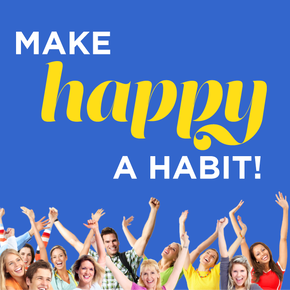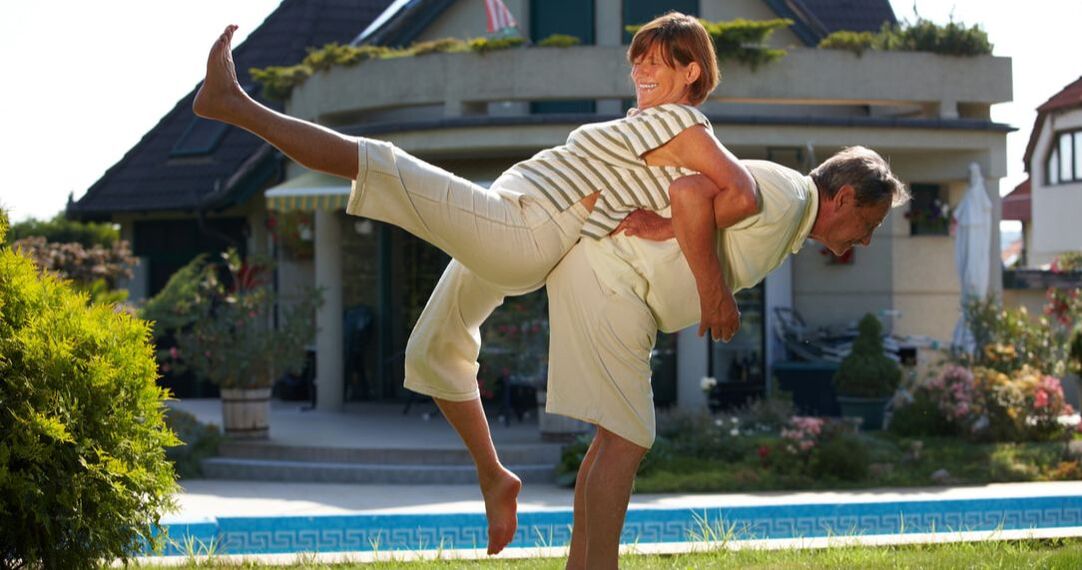|
The reason I’m offering you a small crossword puzzle this month is that the tag line for my website at www.coachingwithloretta.com is: "Life’s a puzzle and sometimes you just need |
| Across 2. What you will need to get you up every morning. 4. It’s not just about the money. 5. Seeing the glass half full shows you are full of this. 6. Make new ones and keep the old. | Down 1. When you have this, you have everything. 2. This puts you on your path to success. 3. Asking what? Who? Why? - Describes this important trait. |
P.S. This column was originally written for The Observer, but I have created a PDF version of the crossword puzzle that you can print out. You can download it here.
There is no right or wrong way to do it. There is no required length. You can jot down, draw pictures, create paragraphs, poems, or even lyrics reflecting your thoughts and feelings. (Think Taylor Swift!) The only strong suggestion is that research has shown writing daily (or almost every day) offers much greater results.
For the purpose of any life transition – and especially relating to retirement -journaling is extremely beneficial because it:
- can help you set and accomplish goals.
- is a place to express gratitude.
- puts you in the present instead of the past.
- allows you to express your true thoughts and feelings.
By the way, no one else reads it. It’s yours to keep and reread if you like or to simply embrace the time as private minutes between you and your thoughts and feelings.
Happy Journaling!
| Across 2. purpose 4. retirement 5. positivity 6. friends | Down 1. health 2. plan 3. curious |
I certainly found it in a recent article on Retirement that I came across in Forbes Magazine. The author, Joseph Coughlin, a well-known researcher, teacher, and head of the MIT Age Lab, talked about “The New Math of Retirement Togetherness.”
[No, this is not an SAT Math question.]
At this point Coughlin went on to narrow things down stating that life routines of home/child/personal responsibilities, etc., result in the fact that the reality is that a typical working couple may often spend only six (6) hours a day together! Quite a surprise when we do the math, right? (see box below)
AN EXTRA 10 WAKING HOURS A DAY
FOR A RETIRED COUPLE
TO SPEND TOGETHER!
These are situations that you and your significant other must consider as retirement comes closer. What if your list of ‘things to do’ doesn’t match that of your partner’s? In fact, do you really want everything on your list to match that of your partner?
I ran into a neighbor and his wife recently. He is an executive who is looking forward to leaving the deadlines and fundraising behind. I asked him how he plans to spend his time, and his wife immediately answered, “He’s going to paint the family room, clean out the garden, and join the choir so we can sing together on Sundays!” I looked at him and he rolled his eyes and said, “Do I have a choice?” The answer is “Yes, you do have a choice.” Discuss it now so you both can enjoy the added time together later.
Loretta
[email protected]
P.S. Last night, before he turned out the light, my husband whispered:
‘A’ squared plus ‘B’ squared = ‘C’ squared!
(Author’s note: Sorry, but by the time you read this all slots will have been filled.)
I’m guessing you are familiar with the success of the two previous shows, The Bachelor and The Bachelorette. Well, this version’s contestants are all over 60, and the handsome bachelor making his choice stands by the tagline “It’s never too late to fall in love…, again!”
Maybe you don’t want to publicly be the next GOLDEN BACHELOR or BACHELORETTE, but I’m sure you want the life ahead to be full of connection, meaningful relationships, and the possibility of falling in love … again!
You want that spark that can re-ignite those endless possibilities!
What you really need is a good look at who you are now.
Step One*: Focus on being a positive and optimistic person.
2. You can direct this intentional activity to surrounding yourself with positive people. Recognize the people in your life that bring you down and become unavailable to them. If some are family, make a point of consciously avoiding large amounts of time together.
3. I’m giving you five things to do daily for 30 days that will help you train yourself to Make Happy a Habit!
- Upon waking every morning say out loud three things you are grateful for.
- At bedtime every night, write about a positive experience that occurred in the past 24 hours (one sentence or many about anything positive that occurred.)
- Exercise 20 minutes a day (can be done in two 10 - minute intervals, if necessary)
- Meditate five to seven minutes a day, either with an app (I like HEADSPACE) or just by listening to wordless music.
- Perform a daily random act of kindness. (let someone in front of you in traffic; say something nice to a cashier, etc.)
Loretta
[email protected]
*By the way, Steps Two, Three, and Four are "Repeat Step One."

I certainly found it in a recent article on retirement in Forbes Magazine. The author, Joseph Coughlin, a well-known researcher, teacher, and head of the MIT Age Lab, talked about “The New Math of Retirement Togetherness.”
It went something like this: There are 164 hours in a week. During that time, approximately 8 hours a day are spent sleeping, leaving 112 waking hours in a week for each of us. [No, this is not an SAT Math question.]
Now, if a typical workday is, say, 9 hours, that makes it minus 45 hours a week away from your partner. This brings it to 67 hours of together time. Then he continues his calculation by allowing an hour a day for travel (subtracting 5 for the workdays) and brought the discussion to 62 hours of ‘togetherness’ in a week.
But that’s not quite the end of the math. Professor Coughlin then went on to compare this number to the number of hours couples spend together in RETIREMENT. This means that the original 45 hours a week of work that were subtracted are now added back. Oh, and so are the 5 allowed for travel. So, let’s see, that’s now 45 + 5 = 50 divided by 5 = an extra 10 waking hours a day for a retired couple to spend together!
These are situations that you and your significant other must consider as retirement comes closer. Sure, visions of the perfect dream vacations and spontaneous trips to see the grandkids come to mind. Golf, beach, gardening and bike rides bring smiles. But how often will you do those things?
Just think about how smart and happy you will feel in retirement when you and your partner have already worked on these challenges! Perhaps you explored the opportunities for starting a new business or offering consulting in an area you know well. You’ll feel glad you made new friends in that Saturday morning photography class you signed up for two years ago and have been enjoying ever since.
The Bureau of Statistics notes that a male at 65 has, on the average, another 20 years to live and enjoy life. A female has around 22 years. Here’s one more math note: that is another 1/3 of your life
Help yourself enjoy your retirement by planning before you get there. Help your relationship with your partner by talking about and understanding each person’s wants and needs. Then,
Good Luck! Loretta
‘A’ squared plus ‘B’ squared = ‘C’ squared!
Author
Loretta Saff, M.A., CPC, CPRC
As an active writer, both nationally and internationally, Loretta Saff's humor columns, blog, and lifestyle articles reflect an insight in dealing with situations that helps people get to their core issues and encourage confidence, trust and support.
Categories
All
Children
Couples
Decision Making
Grandparenting
Holiday Tips
"Let's Talk Retirement"
Life Strategies
Make Happy A Habit
Modern Retirement
Parenting
Personal Empowerment
Retirement
Social Distancing
Technology
Videos
Zoom
Archives
November 2023
October 2023
July 2023
June 2023
March 2023
December 2022
November 2022
October 2022
September 2022
July 2022
May 2022
March 2022
February 2022
January 2022
December 2021
October 2021
September 2021
July 2021
June 2021
April 2021
March 2021
February 2021
January 2021
September 2020
July 2020
June 2020
April 2020
January 2020
December 2019
October 2019
July 2019
March 2019
February 2019
January 2019
September 2018
August 2018
March 2018
February 2016















 RSS Feed
RSS Feed
